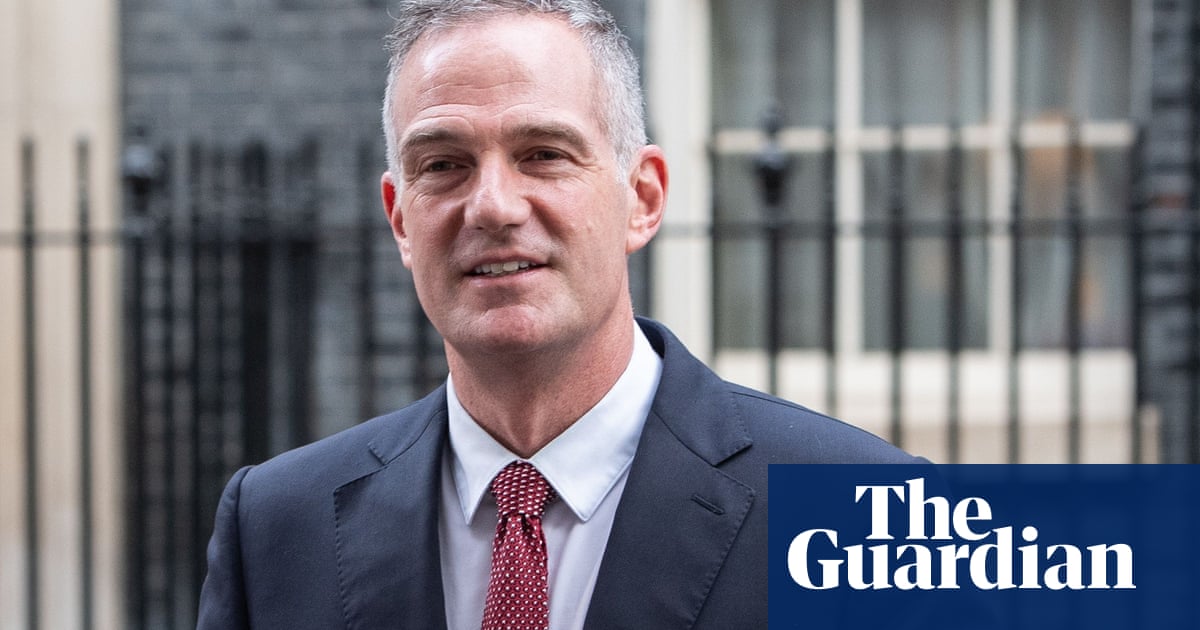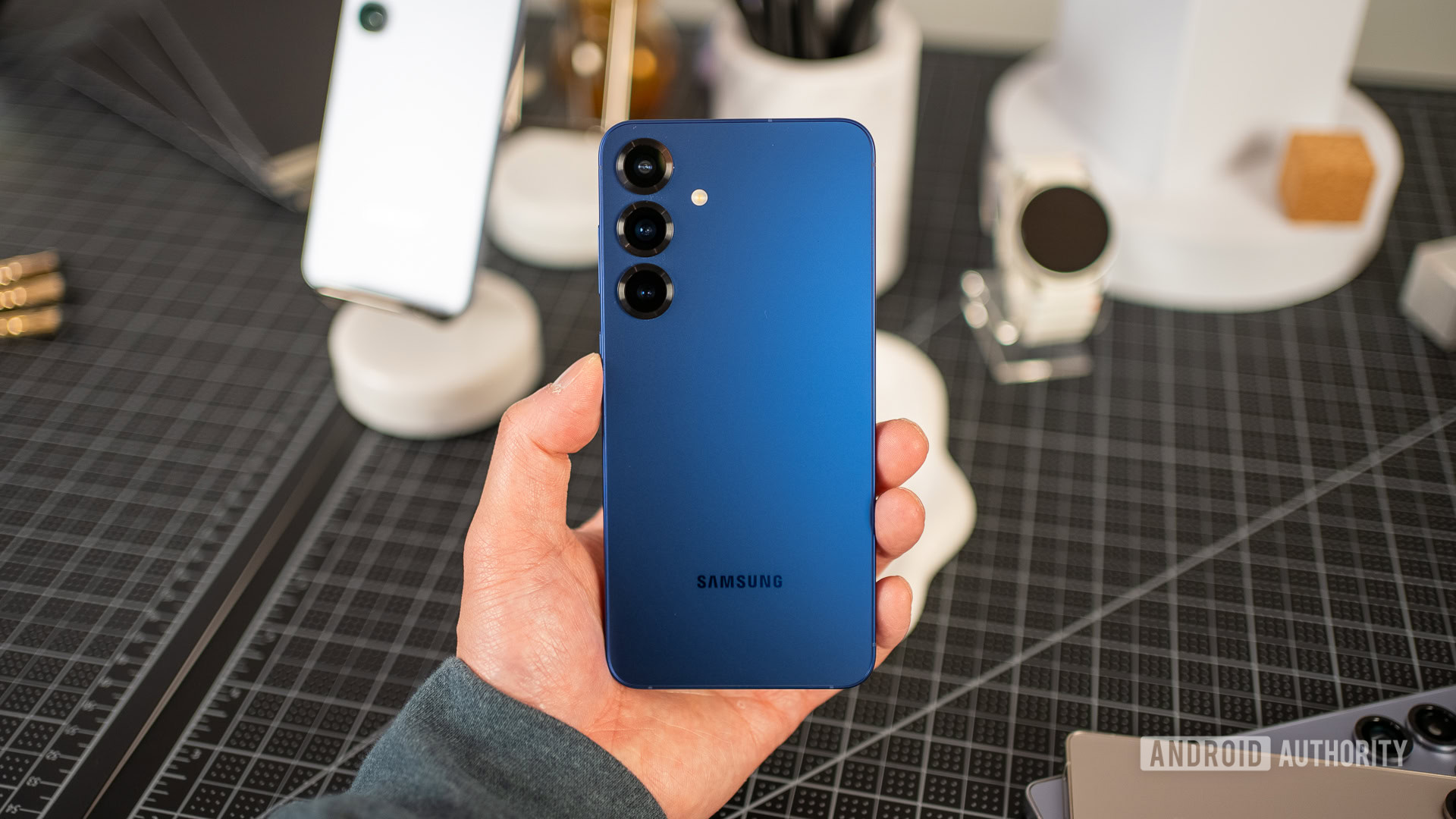TikTok’s power to deliver “exhilaration” and the UK’s relationship with China are shaping the UK government’s acceptance of the short video app despite “genuine concerns” about how the data of millions of Britons may be used, the technology secretary has said.
After the US courts upheld a law that could lead to the platform being banned or sold in the US, Peter Kyle told the Guardian: “I am genuinely concerned about the ownership model of TikTok. I’m genuinely concerned about their use of data, linked to the ownership model.”
But, as Donald Trump announced a presidential executive order pausing the US ban for 75 days, Kyle described it as a “desirable product” and said it was important “that young people should be free to explore all sorts of cultures and ideologies”. Amid fears it could be used for Chinese propaganda, he said the UK’s position towards the app involved “getting that balance right” with “the sort of exhilaration” TikTok can deliver to users.
A recent Rutgers University study suggested “heavy users of TikTok [in the US] demonstrated a roughly 50% increase in pro-China attitudes compared [with] non-users” and there is concern that the Chinese government can access data gathered by the app. It claimed TikTok amplified irrelevant or clickbait material to crowd out “posts about alleged Chinese Communist party abuses and suppressed anti-China content using moderation algorithms”.
It concluded: “TikTok’s content may contribute to psychological manipulation of users, aligning with the CCP’s strategic objective of shaping favourable perceptions among young audiences.” TikTok called it “a flawed experiment”.
Asked about those findings Kyle said: “We urge caution over TikTok … but … there are lots of platforms and traditional broadcasters that have editorial decision-making decisions which do lead to biases.” This was not a new phenomenon, he added.
He said the government monitored trends on social media, and “where we do see trends which are harmful to our national security or harmful to our way of life, then of course we start acting”.
Asked if the monitoring had raised concerns about TikTok as a propaganda vehicle, he replied that if there were, “we would act publicly … There’s no concerns that we have about social media activity that we are keeping from the public.”
He also said: “We are very mindful of the relationship that we have with China, with countries which are hostile to [our way] of life”, with an aide later clarifying he meant countries other than China.
Kyle indicated he drew lessons from the US moves to ban TikTok, which “meant in reality … that people were suddenly going directly to the Chinese version of the app, which was almost certainly harvesting data and information and feeding propaganda in a way that the American version might not have been”.
after newsletter promotion
A TikTok spokesperson stressed that in the UK, the app was provided by a UK-registered and regulated company. They said it had been spending £10bn to protect user data in the UK and Europe with data security “independently monitored, checked and verified”.
It said the Chinese government had no stake or ownership in the parent company, Bytedance, which is majorityowned by international investors. It is 20% owned by its founder, Zhang Yiming.
In 2018, Zhang posted a “self-confession” announcing he would close one of his apps as it featured content “incommensurate with socialist core values that did not properly implement public opinion guidance”. After criticism on state TV he said a cause of his company’s problems was “a weak [understanding and implementation of] the “four consciousnesses”, a political theory advanced by the leader of the Chinese Communist party, Xi Jinping.








